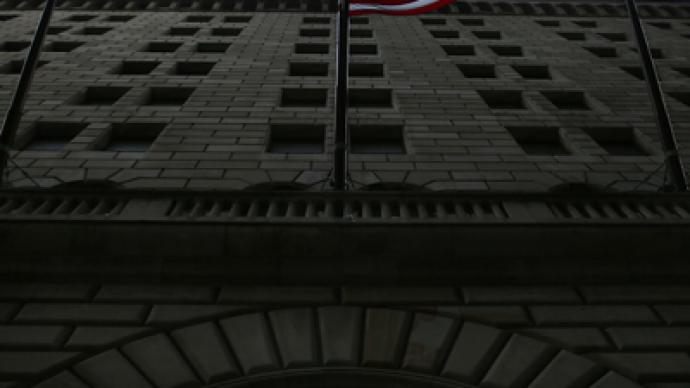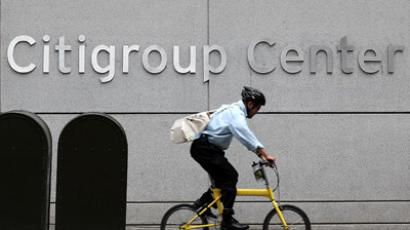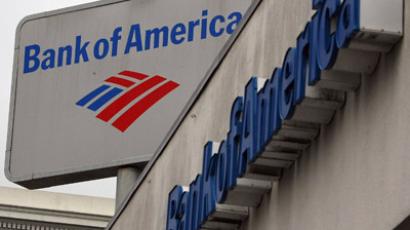The Fed prepares a new stress test for banks

America’s biggest banks will be tested next year on their ability to stay afloat not only amid the US recession but also a global economic downturn, the Federal Reserve has announced.
Under the Fed’s guidelines the 19 major banks such as J.P. Morgan, Citigroup, Goldman Sachs Group, Morgan Stanley and Bank of America should provide roadmaps on how to handle three different economic scenarios from mild to severely adverse. The mild scenario is based on the experts’ forecast for the coming two years with an average annual GDP growth of 2% through 2015 and an average annual increase in equity prices of 5 %. The worst case scenario for 2012 includes deep recessions in the US and Europe, along with a hypothetical slowdown in Asia's developing economies amid weakness in China. Such a global crisis would result in a 5% decline in GDP, an unemployment rate of 12% and a 50% decline in stock market value. The broad recession in Asia is new feature in the Fed’s scenario, compared to those of 2011. The central bank will release the results by the end of March 2013.The Fed has been conducting stress testes on banks since 2009 under provisions of the Dodd-Frank financial reform law designed to end the practice of bailing out “too big to fail” banks by the state. The act aims to secure the financial system from such turmoil as followed the collapse of Lehman Brothers or Bear Stearns in 2008.Last year, the Fed's tests showed a majority of the nation's largest banks would stay afloat during a deep recession. But three lenders – Ally Financial, Citigroup and SunTrust – were likely to need new capital from either investors or the government in the worst case scenario.In July the biggest US banks provided the fed with plans for a quick liquidation in an emergency without hurting the nation’s economy. With the plans known as living wills the banks are required to give the government the tools to wind them down in case of failure.














